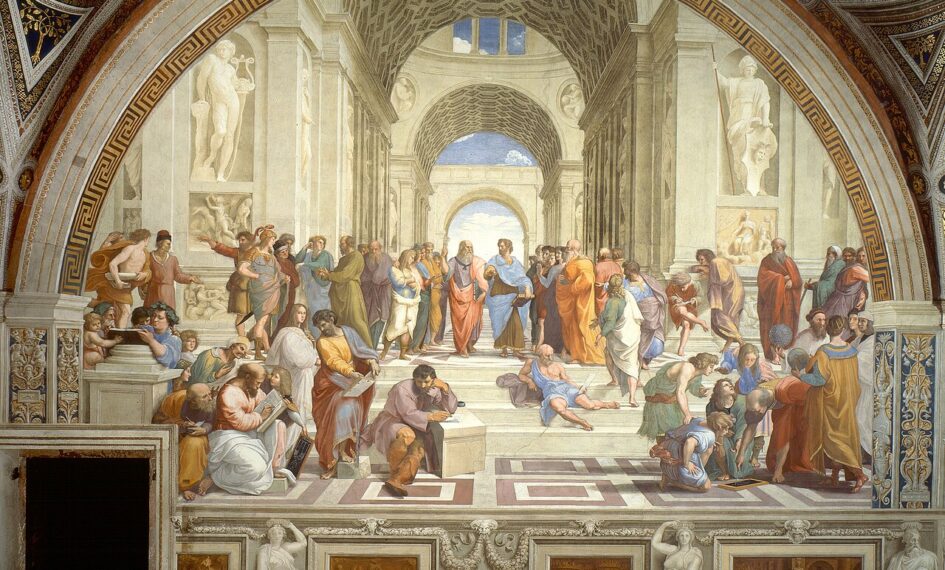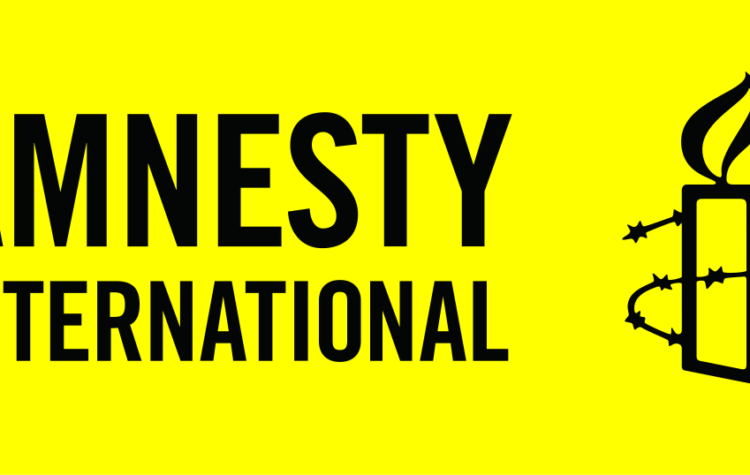The term “isocracy” is less commonly used in political discourse but has a distinct meaning and historical context. Here’s an overview of its definition, etymology, and origin:
- Definition: Isocracy refers to a form of government where all citizens have equal political power. In isocracy, the principle of equal political power aims to prevent the concentration of power in the hands of a few, promoting a system where political authority and decision-making are distributed evenly among all members of the society.
- Etymology and Origin:
- The word “isocracy” comes from the Greek words “isos,” meaning “equal,” and “kratos,” meaning “power” or “rule.” So, it literally translates to “equal rule.”
- The concept of isocracy, as it is understood today, was not a prevalent form of government in ancient Greek city-states, which were more commonly known for their experiments with democracy, oligarchy, and tyranny.
- The term “isocracy” gained more conceptual clarity in modern political thought, where it is sometimes discussed in the context of political philosophy as an idealized form of governance. It’s often considered in theoretical discussions about democracy and equality.
Isocracy, therefore, represents a theoretical political system rooted in the idea of complete equality in power and governance, a concept that reflects ancient Greek ideals but is more a product of modern political philosophy.



